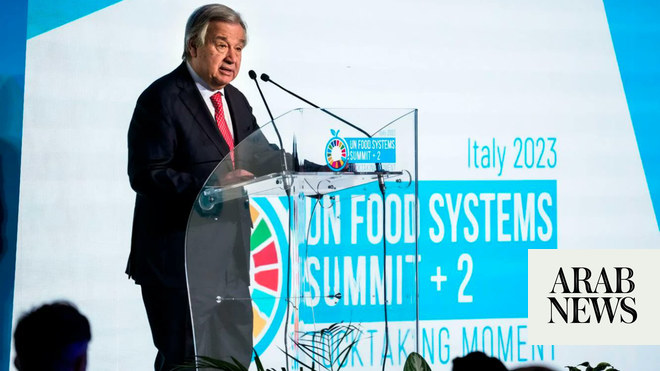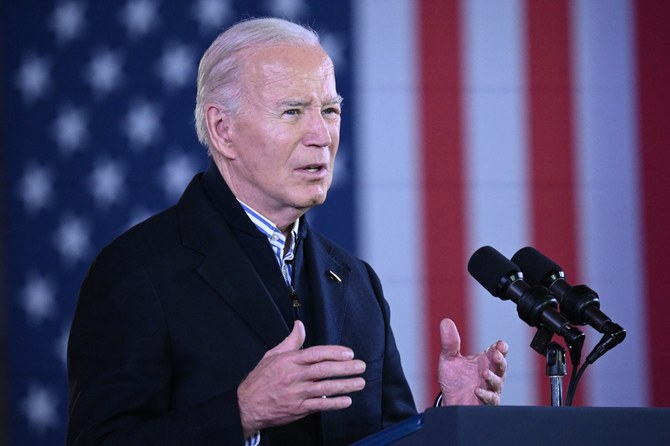
Records of global temperature change show that we will have a much warmer planet by 2050. This is, as scientists say, a certainty. What is also certain is that food security will be affected unless efforts are made to introduce common policies to ensure the world is able to provide for its 9 billion-plus inhabitants in 30 years’ time.
Scientists also tell us that the planet pre-dated humanity by millions of years, and some argue that our planet will outlive humans too. Humanity, however, with all its development and modernity, seems to have put excessive pressure on our ecological system and its delicate balance. New research shows that some staples that have underpinned our healthy existence and multiplication worldwide are already in short supply and likely to dwindle further in the next 30 years, rendering our life difficult to sustain. Countries in the southern hemisphere and in the north, poor countries and rich alike, will have less of the fruit and vegetables that are essential to the human diet.
A Canadian report published recently has warned that the world is not producing enough fruit and vegetables and will urgently need a new international compact to meet our future food security needs. Forget all those loud calls to eat less meat and cut fossil fuel and plastic use in our daily lives to protect the environment, this research shows that the world is not producing nearly enough fruit and vegetables to feed everyone.
In a world where sweltering heatwaves are becoming the norm and extreme rainfall is damaging crops, leading to a shrinking harvest, the task of managing food security will be increasingly challenging.
Mohamed Chebaro
The study is based on a comparison of global agricultural production with the sort of diet backed by nutritionists and favored by environmentalists. It found a fundamental mismatch between what is being produced and what the world’s population will actually need. The research states that the global agricultural system currently overproduces grains, fats and sugars, but is short of fruit and vegetables.
In the last three decades, everyone must have noticed urgent calls from governments and health authorities and practitioners urging us to eat less meat, as livestock are responsible for about 14.5 percent of global greenhouse gas emissions, according to the UN Food and Agriculture Organization (FAO). We were also told that modifying our diet to include more fruits and vegetables is also good for our wellbeing and healthy living.
But it seems the world produces 12 servings of grains per person instead of the recommended eight and four servings of sugar instead of the recommended none, while only five servings of fruit and vegetables are produced when it should be 15. To rebalance that deficiency, we are told by the study that we will need 2 million more hectares of arable land and some 1.3 billion more hectares of pasture land by 2050 to feed a projected global population of 9.8 billion.
To change this dynamic, encouraging fruit and vegetable consumption would have to be given a high priority by governments. But how could the world come together to address its shortcomings — redesigning our food production priorities in a world where all we hear is that we need to stop our reliance on fossil fuels, reduce livestock and use less plastic? And, if the world is to shift from its excessive production of cereals and fat for the benefit of fruit and vegetables, where would we get the water to sustain a more labor-intensive agricultural model that needs more workers and a green transportation system that is capable of shifting perishable produce to market?
If common agricultural policies are to be agreed on in our less-than-perfect world order, practical obstacles will need to be overcome. Where will the world find the new arable land needed to meet the population’s dietary needs? And where are we going to find the natural resources to sustain mass fruit and vegetable production? Are governments likely to be able to impose policies that could hit the pockets of private sector investors and bankers, who are naturally inclined to support lucrative projects while shying away from financing agricultural projects that are risk-prone and rely heavily on a normally balanced ecosystem?
In a world where sweltering heatwaves are becoming the norm and extreme rainfall is damaging crops, leading to a shrinking harvest, the task of managing food security will be increasingly challenging.
Banking on a fragmented international system of governance, an increasingly marginalized UN, a weakened economic landscape worldwide and less-than-perfect multilateral cooperation between people, states and international organizations, one wonders how such a colossal task can be achieved. Organizing a global change in habits, agricultural business models and attitudes in order to prioritize food security for all in less than three decades is next to inconceivable. One can therefore only hope that government stakeholders and institutions will take on board how grave the alarm bells are sounding and rise to the challenge before it is too late.
Mohamed Chebaro is a British-Lebanese journalist with more than 25 years’ experience covering war, terrorism, defense, current affairs and diplomacy. He is also a media consultant and trainer.
Disclaimer: Views expressed by writers in this section are their own and do not necessarily reflect Arab News" point-of-view












